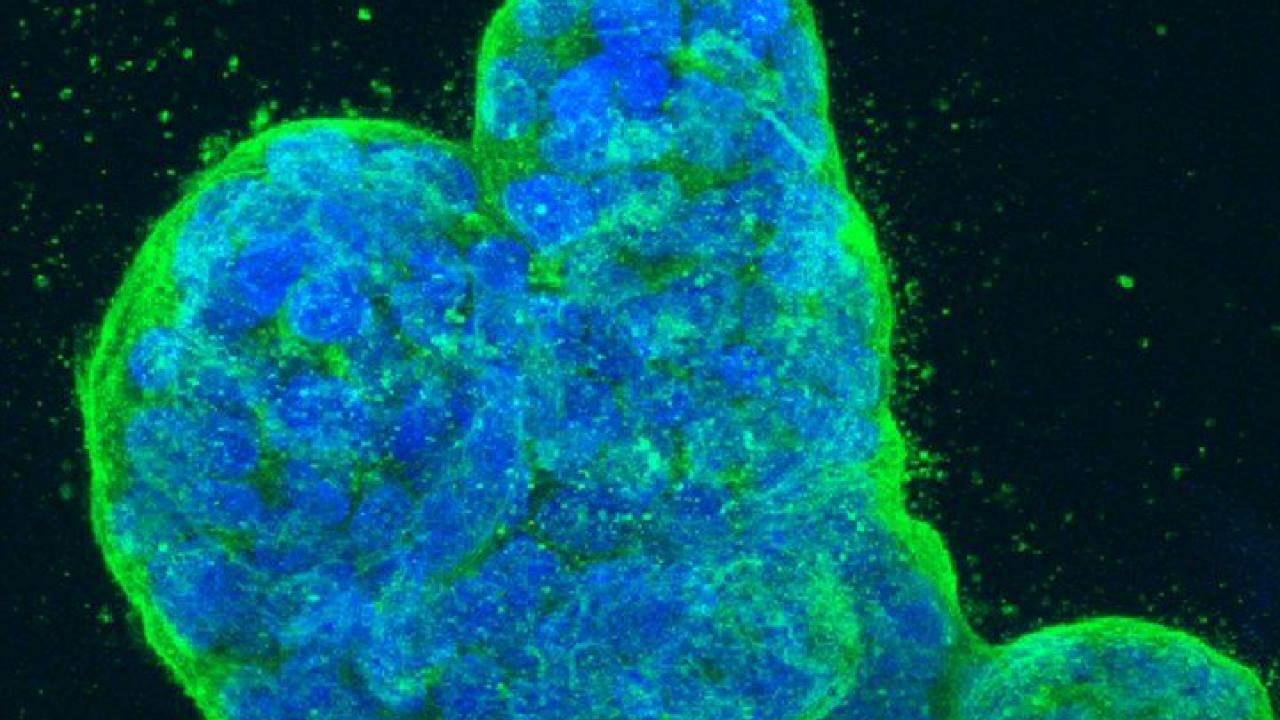
What kills most people who die from cancer is not the initial tumor. It’s the intolerable disease burden on the body that arises when tumor cells continually expand their numbers after spreading to different organs.
In comparison to what is already known about specific mutations that drive early-stage cancer growth – several now targeted by treatments – researchers understand less about the continual accumulation of new abnormalities within tumors and how they eventually generate cancerous cells capable of spreading to other areas of the body through a development called metastasis.
In recent years, scientists have made an increasing number of discoveries about metastasis, raising hopes that better treatments might be developed to save the lives of those with advanced cancers. It turns out that one type of abnormality that often pops up in metastatic tumor cells affects a process known as alternative splicing.
RNA Structure Drives Aberrant Splicing
Alternative splicing determines which protein will be produced by a specific gene once the DNA of that gene has been transcribed into RNA, the coding template that factories within cells use to make proteins. Humans have more than 20,000 genes, relatively few in comparison to the number of proteins required for normal development and function. Cells can splice and recombine the RNA template created from a given gene in a variety of ways, resulting in a set of alternative templates that each produce a unique protein. We rely on this process to make all the genetic “recipes” required to produce our entire repertoire of proteins.
Scientists have discovered that abnormal patterns of alternative splicing occur in cancer and result in the production of abnormal proportions of these related, yet distinct proteins.

Hani Goodarzi, PhD
In a new study published online in Science on May 14, researchers led by Hani Goodarzi, PhD, an assistant professor in the Department of Biochemistry and Biophysics and a member of the UCSF Helen Diller Family Comprehensive Cancer Center, determined that a specific variant of a protein called plectin is overproduced as a result of abnormal alternative splicing in many cases of metastatic breast cancer. In healthy tissue, plectin plays a role in determining elasticity and mechanical integrity.
First, the UCSF scientists used computational techniques they developed to analyze RNA sequences and structures from both highly metastatic and less metastatic breast cancer cells. They then identified specific RNA structural characteristics that defined a subset of alternative splicing sites associated with metastatic cancer.
“We found a previously unknown RNA structure that acts to enhance splicing, and determined that this structural element drives aberrant alternative splicing in highly metastatic breast cancer,” Goodarzi said.